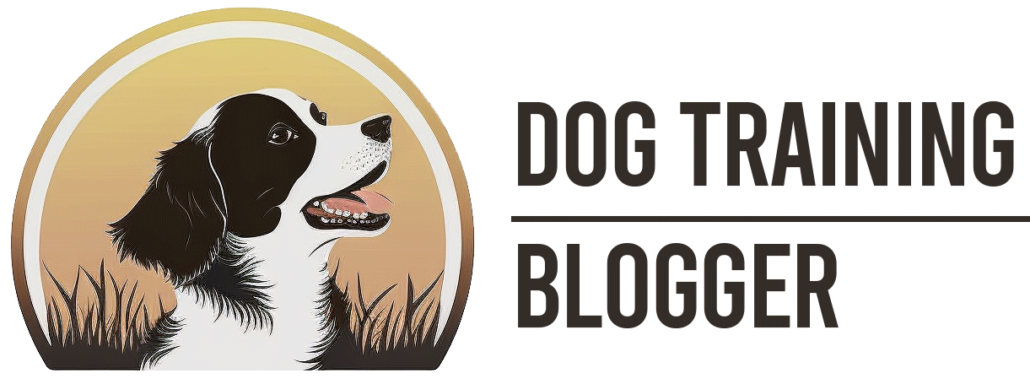Socializing Your Puppy: Why “LATER” Is Too Late
It’s a common scenario.
You’ve just brought home your new puppy. Eight weeks old, all roly-poly fluff and cute as a button.
You’ve heard that puppies need to be “socialized,” and you definitely plan to work on that when you get a chance. Maybe sign up for a class with your local trainer, or start taking her for walks around the neighborhood. But not just yet.
You’ll start when the weather gets warmer. When your work schedule eases up a bit and you have more time. When the kids go back to school. And you want to make sure she’s had all her shots first, right? There will be plenty of time for socializing later.
Wrong.
Unfortunately for many new puppy owners, it’s easy to assume that there’s no need to worry about training or behavior issues at such a young age. I talk to owners about puppy kindergarten classes and socialization during every new puppy exam at our veterinary clinic, and it’s a constant refrain: “Oh, we don’t need to start anything like that yet. She’s doing fine right now, no problems. Maybe when she’s older.”
The fact is, “when she’s older” will be far too late. Scientifically, here’s the reason why: puppies go through a critical socialization period from 6 to 16 weeks of age that will dramatically impact their behavior for the rest of their lives. During this period, their brains are like tiny sponges – soaking up everything they experience and filing it away for the future.
(I should note here that some experts in the field consider the socialization period to end as early as 12 weeks, and there is also some evidence to suggest differences in the optimal socialization window for different breeds – which is a fascinating topic in itself, but beyond the scope of today’s post! Suffice it to say, as a general rule of thumb, 16 weeks is a good estimation.)
Whatever puppies see at this age, they will consider a normal part of life as adults. Kids on bicycles? Fine. People with umbrellas and shiny coats? No problem. Lawnmowers, crying babies, men with beards and hats – for a well-socialized puppy, these things are all a normal part of the world around them.
BUT… beyond 16 weeks, something happens. New things, which before were accepted with cheerful curiosity and a wagging tail, are now met with suspicion. Anything that the pup has not already encountered is automatically assumed to be dangerous and scary – so bicycles, umbrellas, lawnmowers, etc. are now terrifying monsters to be barked at or cowered away from. You may have met adult dogs who are fearful of everyday objects or unfamiliar people; in many cases, this is the end result of poor socialization during this all-important period.
This is actually a pretty staggering fact – nothing “bad” has to happen at all. A simple lack of exposure at the right time can result in an adult dog who is unable to cope with normal life. And in practice, this is one of the saddest things I see.
Why are dogs wired this way? From an evolutionary standpoint, in the wild, having a short window of time for accepting new things makes a lot of survival sense. For wolves, coyotes, and foxes (the domestic dog’s closest wild relatives) as well as for feral dogs living on their own, odds are high that anything truly “new” is bad news – something that may hurt or kill them.
Thus, there’s an expiration date on how long the canine brain is open to novel experiences. An adult wolf or coyote that happily walks up to unfamiliar things (like other predators, cars, or even humans) won’t survive long. Even though our pet dogs lead comparatively protected lives with little to fear from their environment, they have inherited this hard-wired behavior pattern from their more cautious ancestors. This is why no amount of cajoling and coaxing can convince a poorly socialized adolescent dog that a plastic bag blowing across the parking lot is no big deal – to her, escaping from it or defending herself is a matter of life or death.
So when should you start actively socializing your puppy? Right now. As soon as possible. From the very first day your new pup comes home, the clock is ticking.
Now, one final caveat… what about vaccines? You may have heard that your puppy should not go anywhere until she’s had all of her shots.
You should absolutely be careful! Diseases like parvo, distemper, and others can be deadly, and are unfortunately common in many areas. But consider this – your puppy will not be fully vaccinated until after she’s 4-5 months old. If you wait until then, you’ve already missed your opportunity.
The American Veterinary Society of Animal Behavior (AVSAB) feels so strongly about this issue that they published a position statement on puppy socialization in 2008, stressing that owners should be introducing their puppies to new places, people and other dogs prior to completing their vaccination series. In particular, they strongly recommend beginning puppy kindergarten classes as early as 7-8 weeks of age.
So, what does this mean for you? It means to be smart about where you take your puppy before she’s fully vaccinated. I normally recommend avoiding places like dog parks, pet stores, and high-traffic public areas where lots of strange dogs are walked. Instead, visit friends with healthy, vaccinated pets. Go for car rides – visit McDonalds, Starbucks, or the drive-thru lane at your bank or pharmacy. Walk your pup around the block to meet your neighbors. Invite the kids playing outside to say hello.
Just do it before 16 weeks of age. Someday, when she’s a happy, well-adjusted adult, your puppy will thank you for it.
About the author: Dr Jen Summerfield, DVM CPDT-KA is a vet in Huntington, West Virginia. You can see her blog here: www.drjensdogblog.com
For more information on socializing your puppy go to: http://dogtrainingblogger.com/what-dog-breeders-dont-tell-you-about-socialization.html
Brain Training For Your Dog

